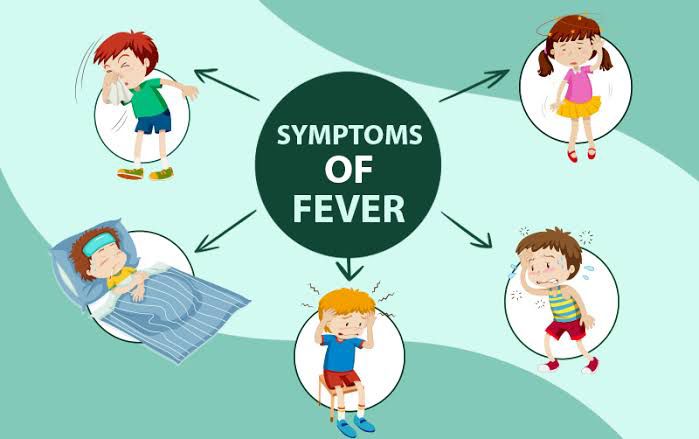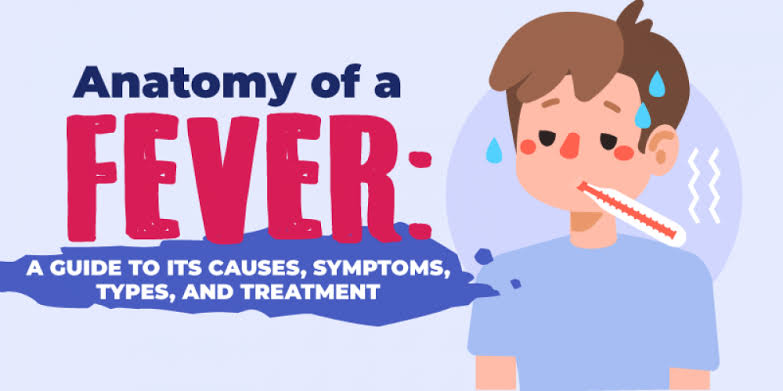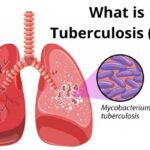Effective Ways to Recover Quickly from Fever and Recommended Medicines – A Complete Guide
Fever is a common health condition that occurs when your body temperature rises above the normal range (98.6°F or 37°C). It is often a symptom of an underlying infection, inflammation, or illness. While fever itself is not usually dangerous, it can cause discomfort and fatigue. Here’s a detailed guide on how to manage fever effectively and recover quickly.
Causes of Fever:
- Viral or bacterial infections (cold, flu, malaria, dengue, etc.)
- Inflammatory conditions (arthritis, autoimmune disorders)
- Heat exhaustion
- Vaccination side effects
- Certain medications
Symptoms of Fever:
- Elevated body temperature
- Chills and shivering
- Sweating
- Headache
- Muscle aches
- Fatigue
- Weakness
- Loss of appetite

Home Remedies for Fast Recovery:
- Stay Hydrated – Drink plenty of water, herbal teas, soups, and electrolyte drinks to prevent dehydration.
- Rest Well – Give your body time to heal by getting adequate rest and sleep.
- Lukewarm Sponge Bath – Helps reduce body temperature and provides relief.
- Light Clothing – Wear breathable cotton clothes to allow heat to escape.
- Eat Light and Nutritious Food – Easy-to-digest foods like fruits, khichdi, and soups help maintain energy levels.

Common Medicines for Fever:
Always consult a doctor before taking any medicine, especially for children or if fever persists for more than 2-3 days.
- Paracetamol (Acetaminophen)
- Most commonly used for mild to moderate fever.
- Dosage: As per age and weight.
- Example: Crocin, Calpol, Tylenol
- Ibuprofen
- Reduces fever and relieves body pain.
- Example: Brufen, Advil
- Note: Avoid if you have stomach ulcers or kidney problems.
- Aspirin
- Effective for fever and inflammation but not recommended for children due to the risk of Reye’s syndrome.
- Antibiotics
- Only if the fever is caused by a bacterial infection.
- Do not take antibiotics without medical advice.
- Antiviral or Specific Medicines
- For conditions like flu, dengue, malaria, or typhoid, specific medicines may be needed.

When to See a Doctor:
- Fever lasts more than 3 days
- Temperature exceeds 102°F (38.9°C)
- Severe headache, rashes, or difficulty breathing
- Persistent vomiting or diarrhea
- Seizures or confusion
Prevention Tips:
- Wash hands frequently
- Avoid contact with infected individuals
- Maintain hygiene
- Get vaccinated
- Eat a balanced diet to boost immunity
Conclusion:
Fever is your body’s natural defense mechanism. With proper care, hydration, rest, and medication (if needed), most fevers resolve within a few days. However, timely medical attention is crucial if symptoms worsen or persist.







